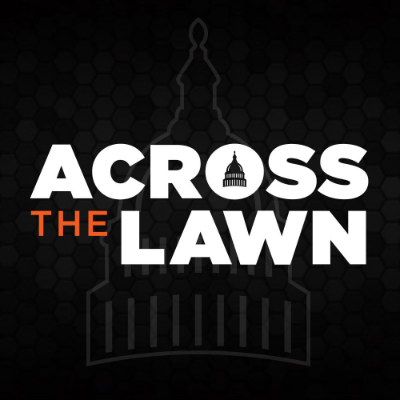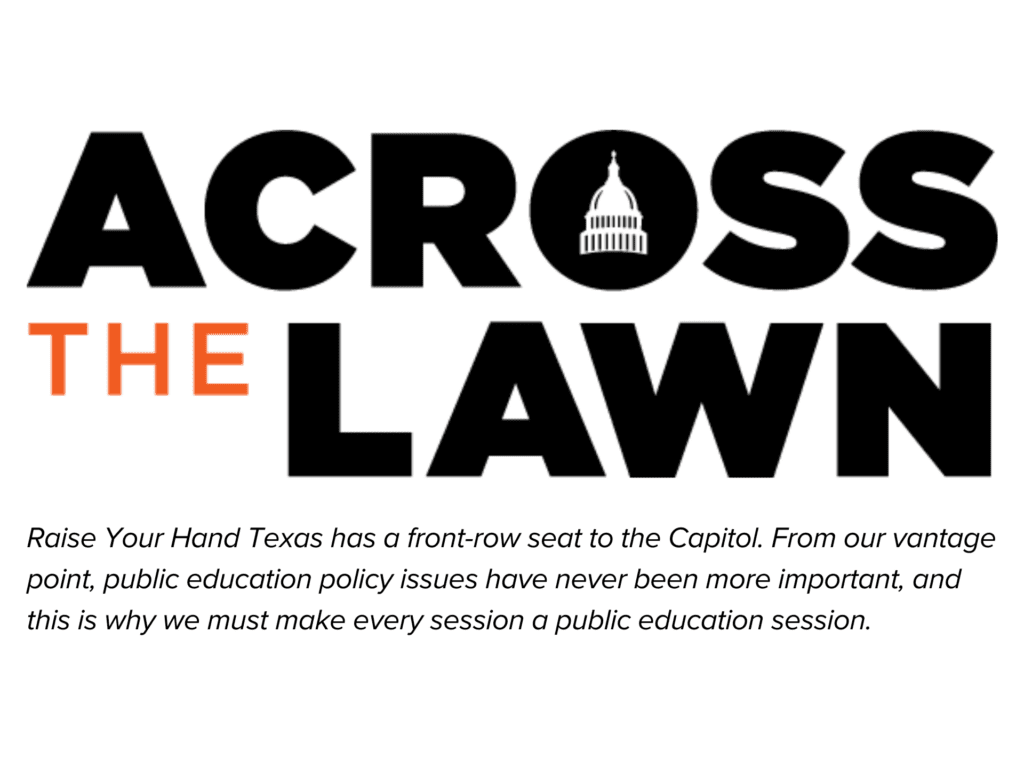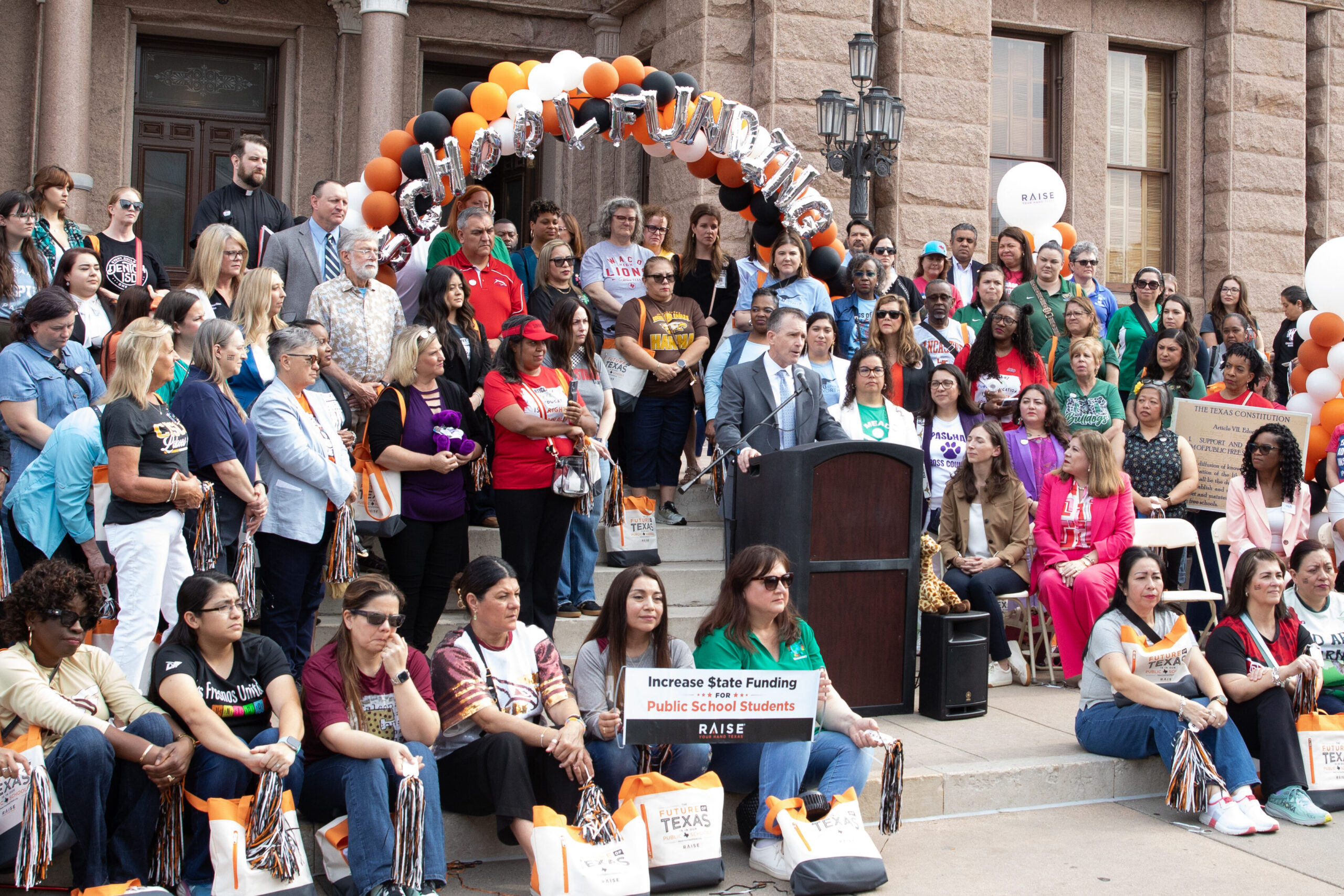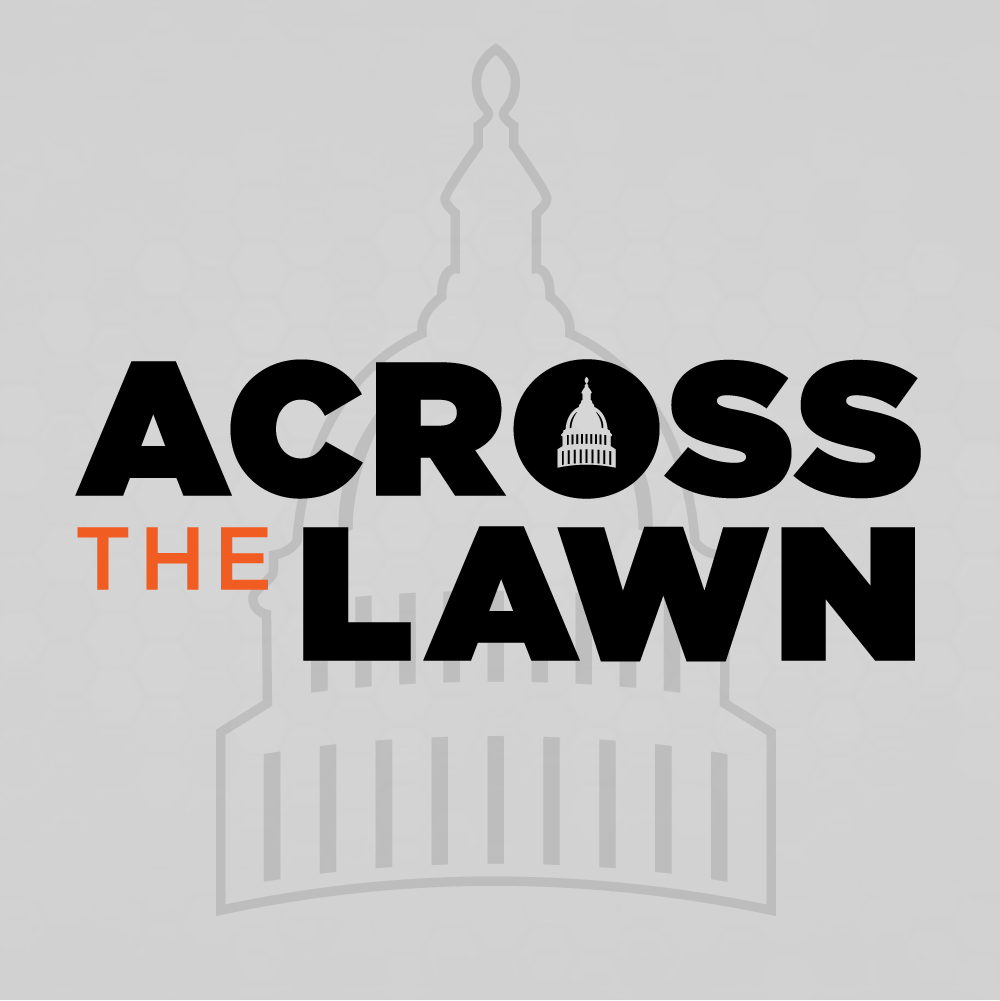
categories
Across the Lawn – April 25, 2025

April 25, 2025

One Thing to Do: Testify or Share Comments for HB 4
On Tuesday, April 29, the House Committee on Public Education will have a hearing on House Bill 4 (HB 4), the assessment & accountability bill. If you’ve ever wanted to testify for a bill under review by the Texas Legislature, or submit written comments, now is the time.
Read our blog post to learn more about the process, and click below to submit comments to the House from home if you aren’t able to travel to Austin and testify in person at the Capitol.
Four Things to Know:
1. TEA Releases 2023 A-F Accountability Ratings
The 2023 A-F public accountability school ratings have been released. This comes after a two-year delay due to litigation over changes the Texas Education Agency (TEA) Commissioner made to the scoring criteria, including an increase to the cut score for the College, Career, and Military Readiness indicator.
Remember, in our elementary and middle schools, campuses are graded 100% on the STAAR test – one test, given on one day. Raise Your Hand Texas believes test scores alone cannot determine academic success. We hope in the final days of the legislative session our elected officials will consider passing meaningful policy that allows the A-F system to use more indicators than just the test to help broaden school accountability.
Let’s expand our definition of a “good school” beyond STAAR test scores: view our report here.
The House Committee on Public Education has posted House Bill 4 (HB 4) relating to the assessment of public school students, public school accountability and actions, and proceedings challenging the operations of the public school system for Tuesday, April 29, at 8:00 a.m. Take action on our One Thing To Do and make a Public Comment on HB 4.
2. More on SB 2, the Education Savings Account Program/Voucher Bill
The Senate concurred with the House version of Senate Bill 2 (SB 2), the Education Savings Account (ESA) program, on Thursday, April 24. The legislation will not need to be negotiated in a conference committee and will be sent to Governor Abbott for his signature.
The ESA program will be implemented during the 2026-27 school year, but first, the Comptroller may certify up to five Educational Assistance Organizations (EAOs) to help administer the program. These organizations, along with the Comptroller’s Office, may promote and market the ESA program through contracts, advertising, and other outreach efforts.
The program is universal and open to students who were enrolled in a public school for 90% of the previous year, are entering pre-K or kindergarten, or previously attended a private school or homeschool. Eligible students must be U.S. citizens or lawfully admitted to the United States.. If demand exceeds capacity, a lottery system is used, prioritizing students based on disability status and family income, with higher-income participants (over 500% of the national poverty guidelines) limited to no more than 20% of total program expenditures. Private schools are not required to accept students who receive an ESA.
Participating students receive 85% of what a public school student would receive through the Foundation School Program, with specific amounts for special education (up to $30,000) and homeschool students (up to $2,000).
Private schools must be accredited and operating for at least two years to qualify, and all vendors must be pre-approved by an EAO. Approved expenses range from tuition and instructional materials to transportation and educational therapies. Annual testing is required for students in grades 3–12, but private schools and vendors are not subject to A–F accountability ratings.
The State Auditor oversees compliance through transaction reviews and audits of 10% of all applications, while the Comptroller must submit an annual report to the Commissioner of Education. Additionally, parents must be informed that private schools and vendors are not required to provide special education services, something that is explicitly required by all public schools.
3. House Committee on Ways & Means Hears Bill on Adding Restrictions to School District Bonds
The House Committee on Ways & Means heard several bills on Monday, including House Bill 19 (HB 19) by Rep. Meyer, related to debt issuance and tax rate increases. The bill would do the following:
- Caps bond debt at 20% of an ISD/s tax revenue, averaged over the previous three years.
- Bond funds must be spent according to the percentages or amounts specified in the ballot.
- Anticipation notes are restricted if voters rejected a bond for the same purpose in the past five years. Exceptions include mandates from the state or federal government, public health emergencies, or cleanup after natural disasters.
- To raise M&O or I&S tax rate, the governing body must include specific language in the motion and receive at least 60% approval from Board.
- Prohibits M&O tax rate increases from being used to pay off debt.
- Requires an election to authorize bonds or to approve an increase in a property tax rate must be held on the November uniform election date.
4. Math and Literacy Bill Passes from House Committee on Public Education
A $500 million bill related to early-grade math and literacy skills was passed by the House Committee on Public Education this week, House Bill 123 (HB 123), by Rep. Dutton. Both the House and Senate state budgets have appropriated funds for this legislation. The bill was passed with new language, but it is not available at this time. The key provisions of the bill as filed include:
- TEA must develop and offer reading and math intervention academies for teachers who support students needing accelerated instruction. Requires all K-8 math teachers, principals, assistant principals, math coaches, and math interventionists to attend a math academy by 2031.
- TEA must create a method to evaluate the effectiveness of literacy and math achievement academies, focusing on their impact on teaching practices and student outcomes.
- Requires school districts to provide interventions for K-3 students identified as at risk based on two consecutive early literacy assessments showing the student is not on track to meet grade-level expectations.



